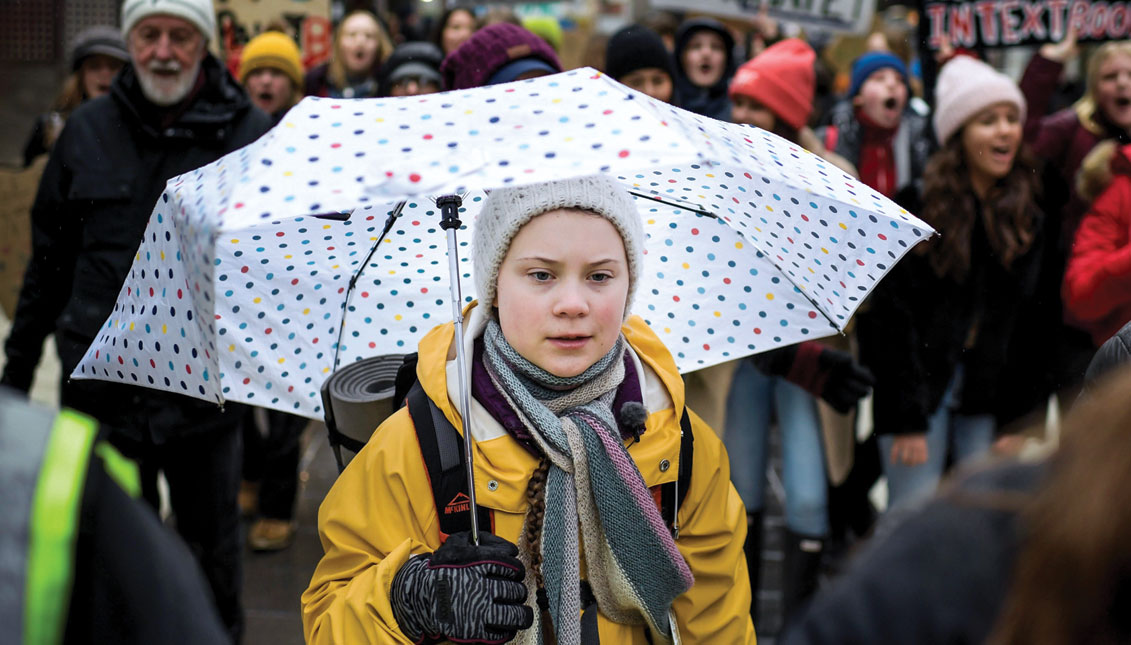
The Women's Revolution in Europe: a new leadership
From the Malvinas to the Brexit, women have been behind major political episodes in Europe. Today the revolution goes even further.
When we talk about women in European politics, our mind automatically goes to Margaret Thatcher and slowly returns to Angela Merkel as if, between one and another, history hadn’t given us room for more.
However, thanks to the momentum of the #MeToo Movement and the Western women's revolution of recent years, being a woman in a position of power no longer implies wanting to match the male figure - with a suit, pants and short hair - but rather offers a platform for a resounding change in the way we perceive leadership.
Little is known about the fact that San Marino is the country with the largest women as head of state (16, so far), or that the Soviet Union had 14 women in government posts at the time.
The reality on the front page is usually that of power debates between radically antagonistic male figures - Trump/Jong Un, for example - or Theresa May's failure to make Brexit an immediate reality.
According to the report of the World Economic Forum of 2018, the deepest gaps between men and women are found precisely in "the field of political and economic empowerment.”
Added to this, international recognition also shines by its absence.
Few people know Dalia Grybauskaité (president of Lithuania), Simonetta Sommaruga (member of the Swiss Federal Council), Erna Solberg (Prime Minister of Norway), Marie-Louise Coleiro Preca (president of Malta) or Kolinda Grabar-Kitarović (that president who captivated the cameras under the rain in the final of the World Cup).
Iceland, Romania and Georgia also have women in charge of the country.
The change has been subject to a collective awakening and a revitalized interest in women's issues and the impact this has on the majority in the population.
An example of this has been the case of the French political career where, according to Public, a system known as "zipper" has been installed where since 2013 "the law establishes that male and female candidates must appear alternately in the lists of parties so that women are not relegated to the end of the lists. "
According to the media, from 13% in 2008, female representatives increased to 50% in 2018.
RELATED CONTENT
In this way, and according to the Organization for Economic Cooperation and Development (OECD), France leads the list of countries with the highest proportion of women in government ministries (including positions as Prime Minister or Head of State).
Then there are Sweden, Slovenia, Denmark, Finland and Spain, while Hungary and Turkey are left with worryingly lagging behind (with 96.2% of male-only political members).
But modern days don’t have time for old schemes, and new generations have shown that they are not willing to sit idly by.
Phenomena such as activist Greta Ernman Thunberg have revolutionized the way politics is done in today's world.
With only 16 years, Thunberg has taken the reins of the environmental movement in Sweden and has inspired the emergence of satellite movements throughout the continent and beyond.
In August 2018 the young activist organized the first school strike for climate change on the outskirts of the Swedish Parliament. Three months later she was a speaker at the TEDxStockholm and at the end of the year she addressed the attendees of the Conference on Climate Change of the United Nations.
By 2019, Thunberg was talking face to face with the most powerful people in the world at the Davos Economic Forum, echoing her powerful campaign against carbon emissions.
The feminine revolution of the 21st century seems to have the deepest and most solid roots.











LEAVE A COMMENT:
Join the discussion! Leave a comment.